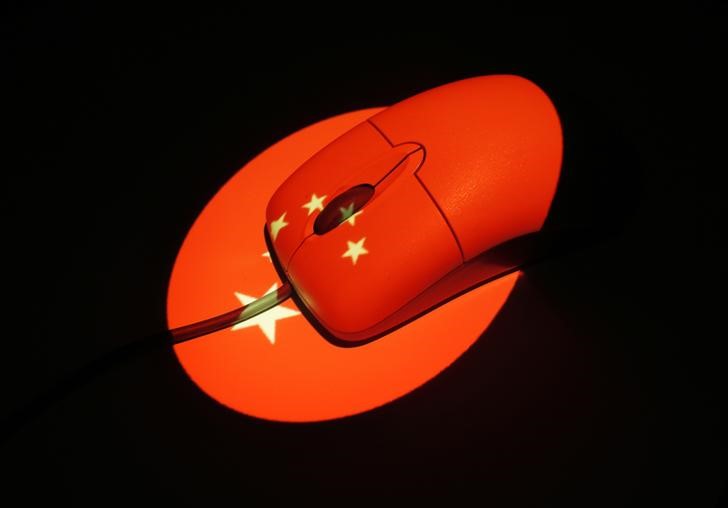(Bloomberg Opinion) -- 7,000 or 40,000? 3% or 7%? As the Chinese hunker down for an extended Lunar New Year break, forced upon them by a raging epidemic, they’re turning to wild guessing games over two crucial figures: How many more will be infected by the SARS-like coronavirus, and how big a selloff we will see when the mainland market reopens Monday.
So far, China has confirmed about 7,000 cases, but the actual number — including those in the incubation stage — could have already exceeded 44,000. As for the stock market, the world has turned upside down since its last trading day on Jan. 23, when only 830 infected cases were confirmed. The 3.1% correction of the benchmark Shanghai Shenzhen CSI 300 Index that day could just be the beginning of a long way down.
Unlike the U.S., China is prone to deeply bearish slides. In 2015, its blue-chip index lost more than 40% of its market value in just three months. In 2018, it tanked 25%. Seen in that light, last year’s 36% gain, propelled in part by record foreign portfolio inflows, is fragile. By comparison, the U.S. has endured only eight bear markets since 1926, and quickly rebounded after a dip in December 2018.
To avert another rout, Beijing needs to prove its sprawling bureaucracy still works. In 2003, China entered the SARS episode with full economic steam, so it was easy for investors to forgive any hiccups once the number of infections plateaued. But this time, with the economy in a sharp slowdown, all eyes will be on Beijing, and whether it can muster the resources to quarantine those infected and control the disease.
The government is flexing its muscles. Wuhan, the epicenter of the outbreak, is frantically building hospitals that will open in just days; thousands of doctors — a scarce resource in China — have been dispatched. Municipal governments have set aside more than 20 billion yuan ($2.9 billion) to combat the virus, according to local reports, on top of billions the Ministry of Finance is spending. If any country can fight a health crisis, China’s strong-armed approach puts it at an advantage.
But how about the rest of the machine? The People’s Bank of China was noticeably unwilling to cut interest rates last year and only pledged liquidity for next week in one terse sentence, buried in a short notice.
When China reopens Monday, trading won’t be for the fainthearted. For starters, how many major markets close for more than one week at a time? Don’t be surprised if margin calls, which in turn propel further selloffs, will once again confound officials.
Often, a stock market’s performance has little to do with how fast an economy grows — just look at the world’s top performer, the U.S. Chinese investors have already come to terms with a broad-based slowdown, and have been piling into companies that are industry consolidators or could benefit from American export curbs. But they’re not prepared for an epidemic and the system shutdown that could ensue. More than ever, China’s bureaucratic system matters for financial markets.
